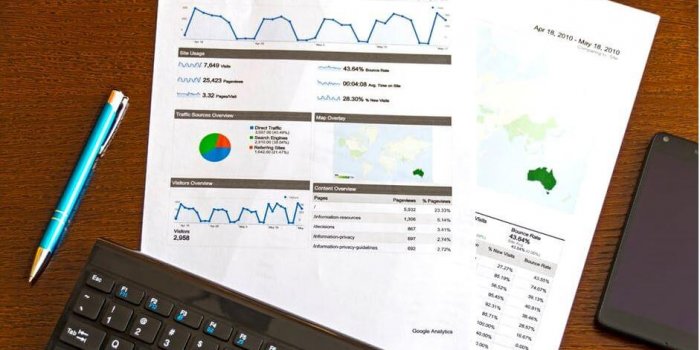
Impact of IFRS 16 on Lessors

Author Kestutis Skrodenis
“We mostly do Finance leases, but are willing to grow our Operating Lease portfolio” – that is a very common answer that we see in the Soft4Leasing software selection questionnaire.
One of the reasons why lessees choose Operating Lease over Financial Lease is because Operating Lease is not on the balance sheet; it’s just a monthly operating expense. With the adoption of the IFRS 16 accounting standard (effective 1st January 2019) lessee decisions may change, because the new standard requires Operating Lease to be disclosed on balance sheets.
The new standard does not directly impact lessor accounting. It impacts lessee accounting, which will change the way lessor customers and prospects decide on buy-vs.-lease or financial-vs.-operating. Let’s analyze this a bit more deeply.
The essence of IFRS 16 (replacing the IAS 17 standard, which has been valid for the past 30 years) is a requirement to disclose operating lease liability on the balance sheet, together with Right-of-use asset.

Under IFRS 16, expenses are recognized differently – what used to be “Operating expense – lease and services” under IAS 17, must now be split into Depreciation (of ROU Asset) + Interest Expense + Operating expense (only services are included in OL). Consequently, this will have an impact on profitability metrics.
Overall impact on key financial metrics of the lessee:
- Leverage will increase, because financial liabilities increase.
- Liquidity will decrease, because current lease liabilities increase while current assets do not.
- Asset turnover will decrease, because OL assets will be recognized as part of total assets.
- EBIT and EBITDA will increase, because part of the former OL expense is now interest expense.
- Return on capital employed (ROCE) will decrease, because OL assets will be recognized as part of total assets (but may increase because of the EBIT increase)
The expected impact for lessors is indirect – some customers will choose financial leases over operating leases.



